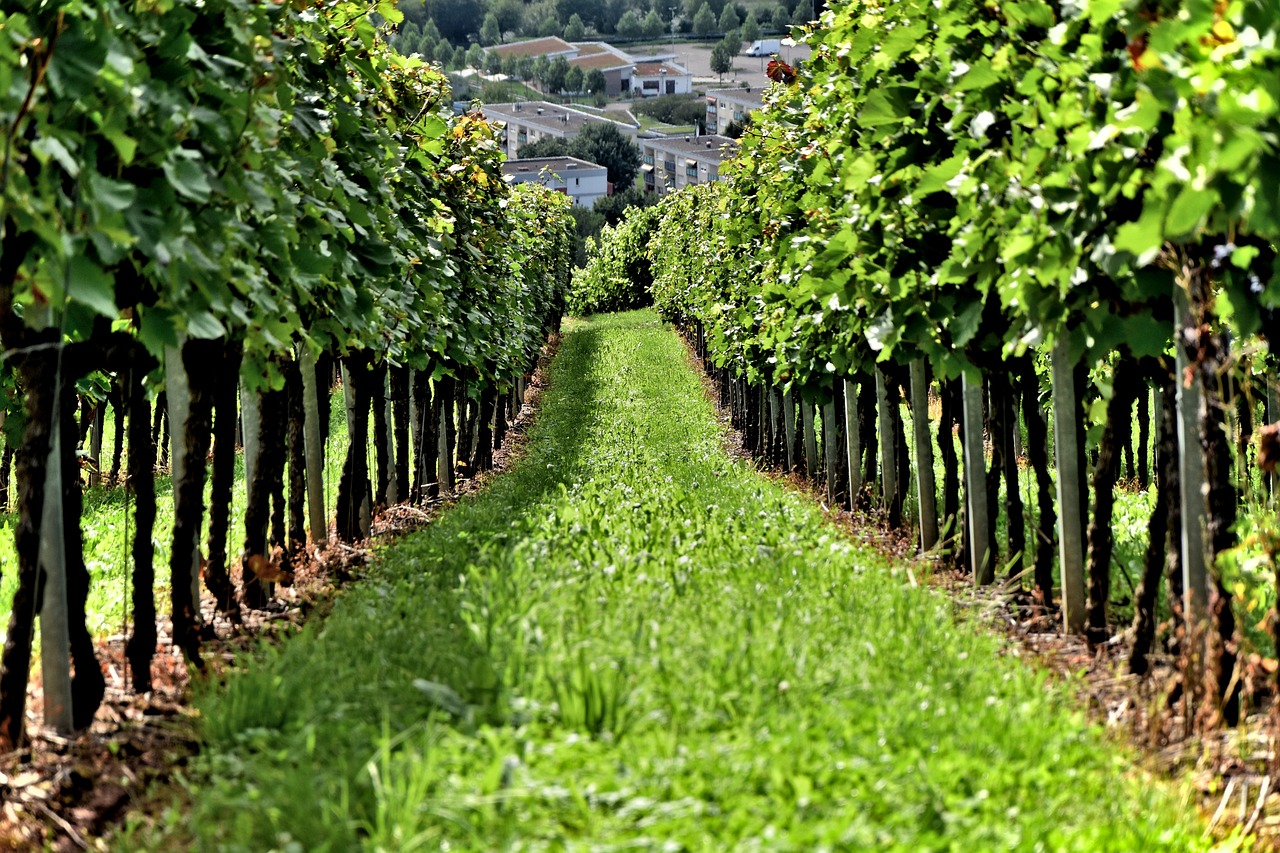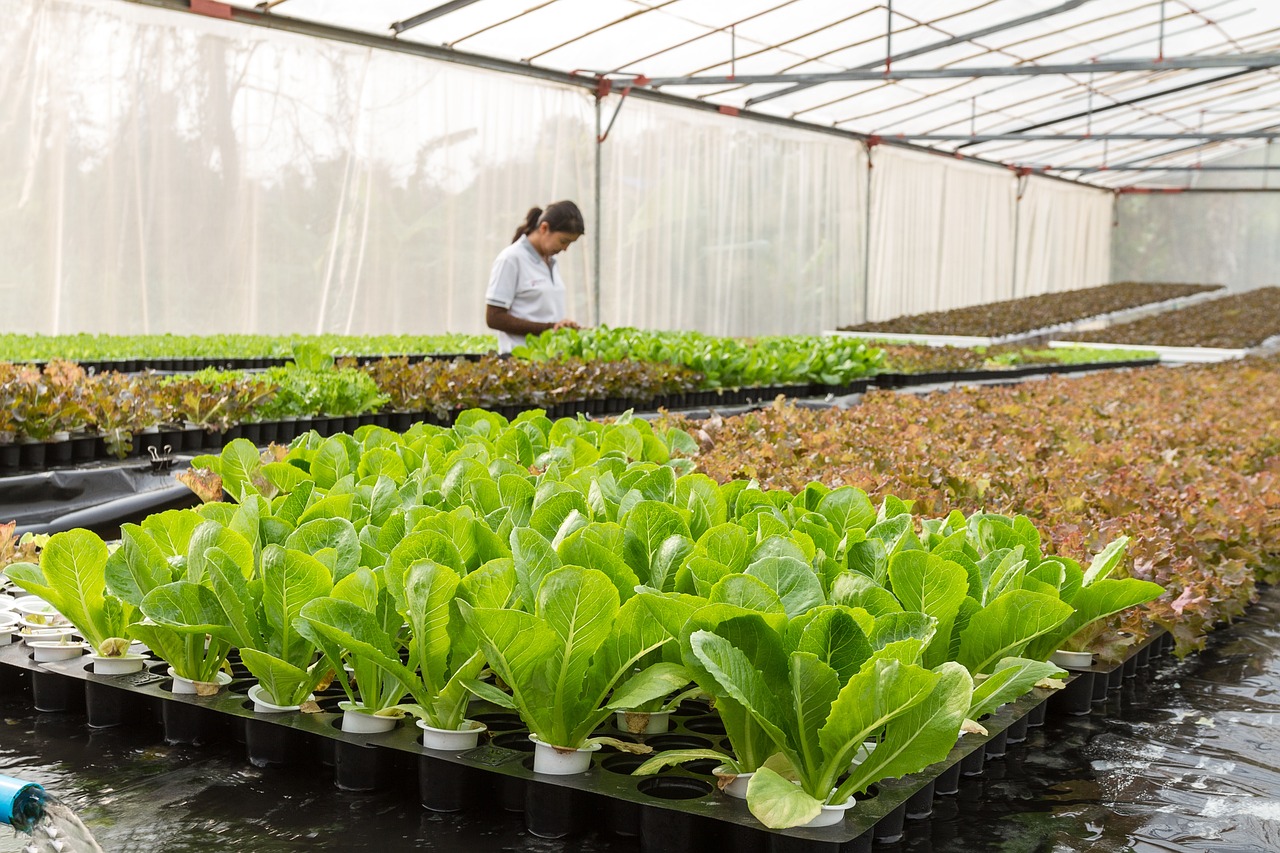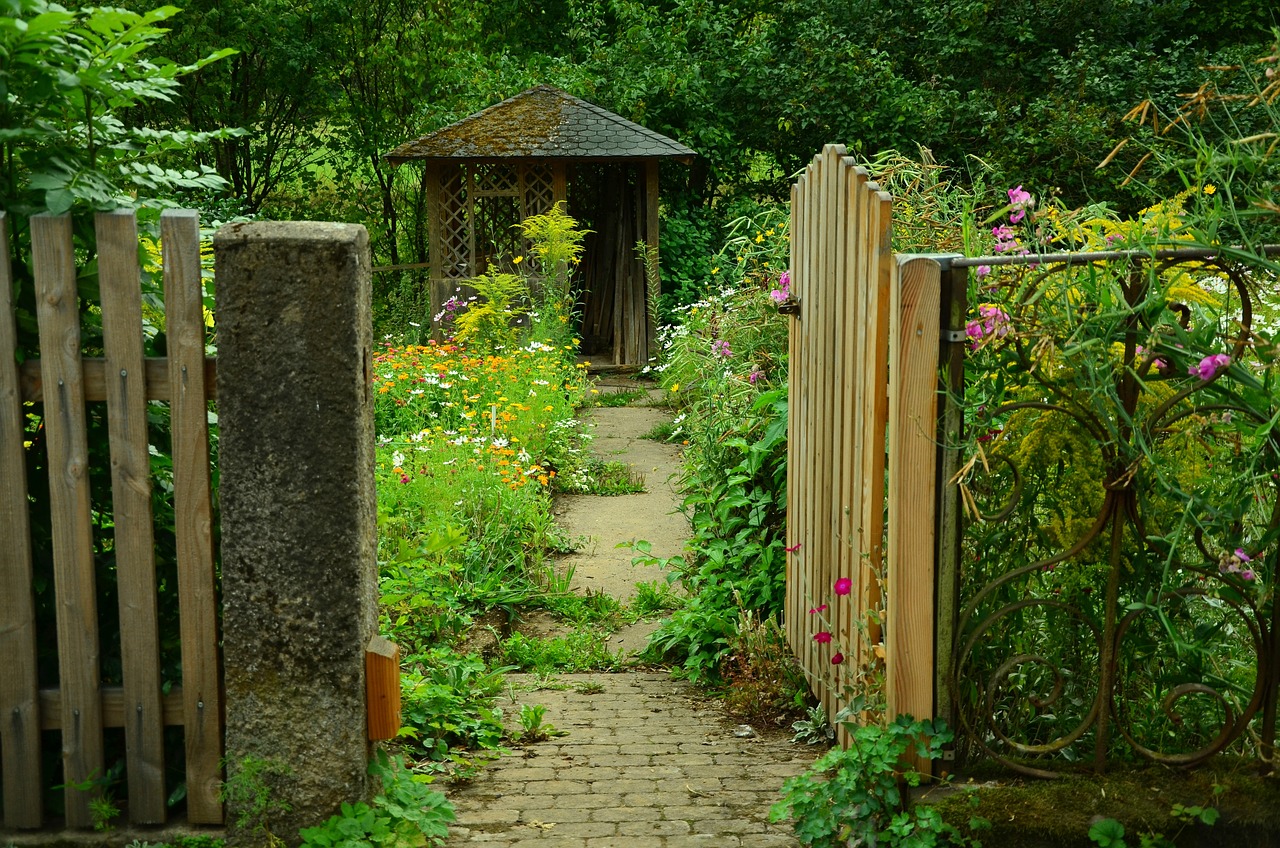Are you looking for a way to improve your health and reduce your impact on the environment? Consider starting an organic garden at home.
Organic gardening is a method of growing plants without the use of synthetic fertilizers and pesticides. Instead, it relies on natural methods to nourish the soil and control pests.
One of the biggest benefits of organic gardening is the health benefits it provides. By growing your own fruits and vegetables, you can ensure that your food is free from harmful chemicals. You’ll also be eating produce that is fresher and more nutrient-dense than what you can buy in the store.
Plus, gardening itself is a great form of exercise and stress relief.
Health Benefits of Organic Gardening
Feeling like your best self is easy with organic gardening – it’s a great way to boost your health!
One of the most significant benefits of growing organic fruits and vegetables is their nutritional advantages. Unlike conventionally-grown produce, organic crops are free from harmful chemicals, pesticides, and fertilizers that can affect the nutritional quality of the food. As a result, organic fruits and vegetables are packed with essential vitamins, minerals, and antioxidants that can help improve your overall health and wellbeing.
In addition to nutritional benefits, organic gardening can also improve your mental wellness. Spending time in nature and nurturing your plants can help reduce stress and anxiety, boost your mood, and increase feelings of happiness and fulfillment.
Organic gardening allows you to connect with the natural world and provides a sense of purpose and accomplishment as you watch your plants grow and thrive. So not only can growing your own organic produce provide you with fresh, healthy food options, but it can also positively impact your mental health.
Environmental Benefits of Organic Gardening
You can make a significant impact on the environment by growing your own produce using natural and sustainable methods. Organic gardening practices focus on reducing waste, promoting biodiversity, and supporting local ecosystems.
By avoiding synthetic pesticides, herbicides, and fertilizers, you can minimize the amount of toxic chemicals that end up in the soil, water, and air. In addition, organic gardening encourages the use of compost, which is an excellent way to recycle food scraps and yard waste into nutrient-rich soil.
This reduces the amount of organic waste that goes into landfills, where it contributes to greenhouse gas emissions. By choosing to grow your own food, you can also support local ecosystems by providing habitat for beneficial insects and wildlife.
Overall, organic gardening is a simple and effective way to reduce your environmental impact while enjoying fresh, healthy produce.
How to Build Healthy, Living Soil
Creating healthy, living soil is essential for producing nutrient-rich crops that will thrive in your garden. Soil care is an important part of organic gardening, and it all starts with composting.
Composting techniques involve collecting organic materials such as vegetable scraps, yard waste, and dried leaves, and allowing them to decompose over time. This process creates a rich, nutrient-dense soil that provides the perfect environment for plants to grow.
To build healthy, living soil, you need to make sure that it’s well-aerated and has the right balance of nutrients. This can be achieved by adding compost to the soil regularly and using cover crops to improve soil fertility.
Cover crops are planted during fallow periods and help to prevent soil erosion, improve soil structure, and add nutrients to the soil. By taking care of your soil and using composting techniques and cover crops, you can create a thriving organic garden that produces healthy, nutrient-rich crops.
Natural Pest Control Methods
By using natural pest control methods, you can keep your garden free of harmful insects without resorting to chemical pesticides.
One way to do this is through companion planting, where you plant certain types of plants together that benefit each other. For example, planting marigolds with your vegetables can help repel pests like nematodes and aphids. Similarly, planting garlic together with your tomatoes or peppers can deter pests like spider mites and whiteflies.

Another natural pest control method is by making your own DIY pest repellents. You can use ingredients like garlic, chili peppers, and soap to make sprays that can repel pests like ants, aphids, and caterpillars. These sprays are easy to make and can be applied directly to the affected plants.
By using these natural methods, you can protect your garden from pests while also promoting a healthy and sustainable environment.
Tips for Starting Your Own Organic Garden at Home
Starting an organic garden at home can be a fulfilling and rewarding experience, especially when you see the fruits of your labor growing right in your own backyard.
If you’re new to gardening, it’s important to start with the basics. One of the most important things you can do is to learn about composting. Composting provides a natural and organic source of nutrients for your plants, and it’s an easy way to reduce waste in your home.
Start by gathering materials like leaves, grass clippings, and vegetable scraps. Mix them together and let them break down into a nutrient-rich soil that you can use in your garden.
When it comes to choosing the right plants for your organic garden, there are a few things to consider. First, think about the climate and soil in your area. Choose plants that are well-suited to your environment and that will thrive in your soil.
It’s also important to choose plants that are disease-resistant and that don’t require a lot of maintenance. Some great options for beginners include tomatoes, cucumbers, and lettuce.
With a little bit of research and some trial and error, you can create a beautiful and bountiful organic garden that will provide you with fresh and healthy produce all season long.
Frequently Asked Questions
What are some common mistakes to avoid when starting an organic garden at home?
When starting an organic garden at home, common mistakes can include overwatering, not preparing the soil properly, and not paying attention to the needs of your specific plants. Tips for success include researching your plants and keeping good records.
How can I ensure that my organic garden is sustainable over the long term?
To sustain your organic garden long-term, use sustainable practices like crop rotation and companion planting. Avoid synthetic pesticides and fertilizers and instead use organic fertilizers like compost and manure.
Are there any specific plants that are particularly well-suited to organic gardening?
You can plant a variety of organic vegetables and herbs in your garden, but it’s important to follow best practices for planting and maintenance. Consider companion planting and rotating crops to prevent pests and disease. Regularly prune and harvest to promote growth.
How can I make sure that the soil in my organic garden is free of harmful toxins and contaminants?
To ensure your soil is free of toxins and contaminants, start by soil testing. Use composting techniques to enrich and balance the soil. Avoid synthetic fertilizers and pesticides, and choose natural alternatives.
What are some of the challenges associated with organic gardening that I should be aware of before getting started?
Before starting your organic garden, be aware of the challenges. Organic pest control can be difficult, and maximizing small spaces can be a struggle. Plan ahead and research these obstacles to ensure a successful garden.
Conclusion
Congratulations on taking the first step towards a healthier and more sustainable lifestyle by considering organic gardening at home! By growing your own fruits and vegetables, you’re not only providing yourself with fresh and nutritious food, but you’re also contributing to a more environmentally friendly world.
There are many reasons to start your own organic garden. With the health benefits of organic gardening, such as increased nutrient content and the absence of harmful chemicals, and the environmental benefits, such as reduced carbon footprint and preservation of biodiversity, you can create a thriving and sustainable garden.
So don’t hesitate to start your own organic garden today and enjoy the numerous benefits that come with it! By following natural pest control methods and building healthy, living soil, you can create a thriving and sustainable garden.










